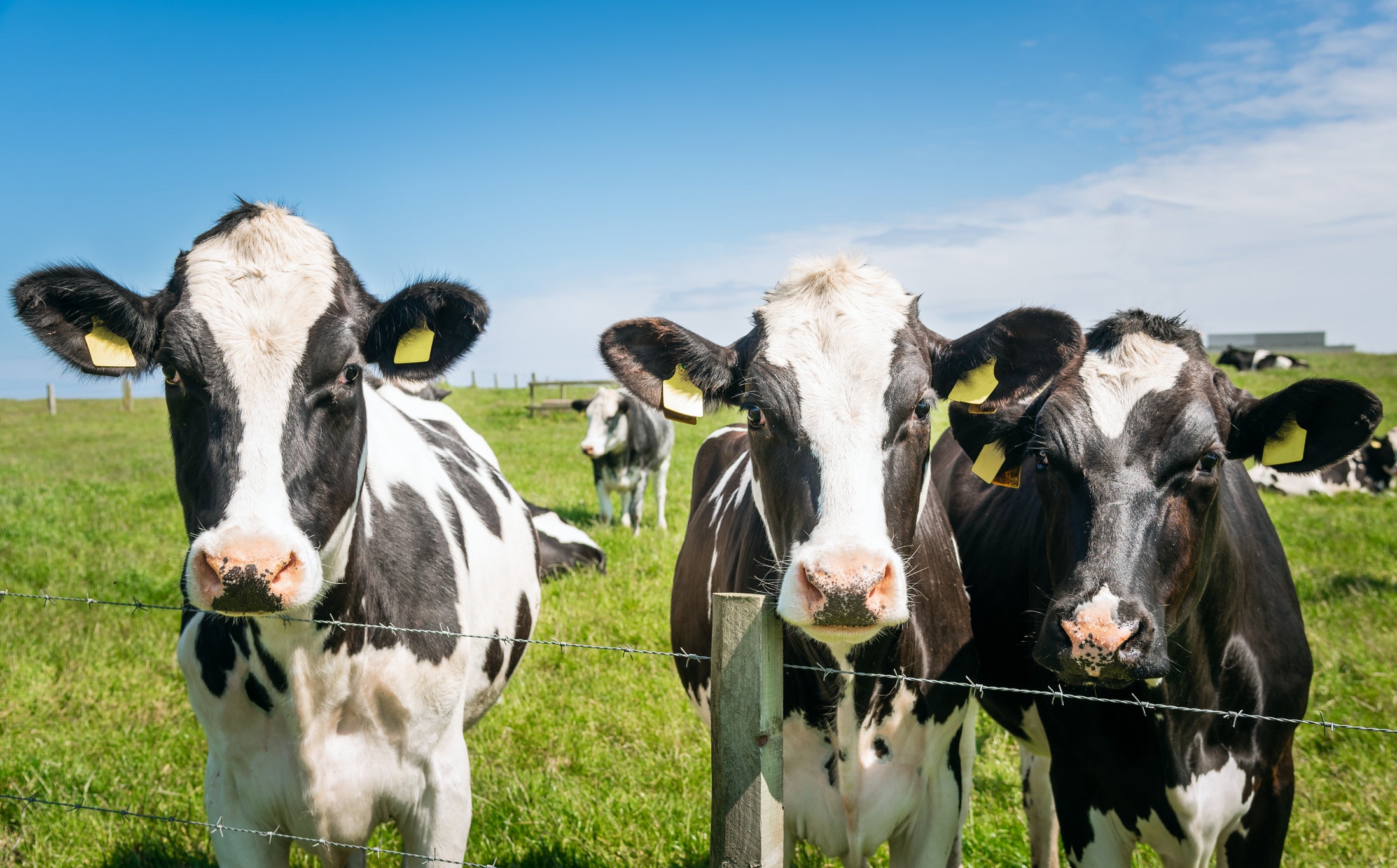A single case of BSE – commonly known as mad cow disease – has been confirmed on a farm in Essex, officials have said.
The case of atypical bovine spongiform encephalopathy (BSE) was uncovered after the animal showed some symptoms, and was humanely culled and tested for the disease, the Animal and Plant Health Agency (APHA) said.
The government has said there was no risk to public health or food safety as the cow was not destined to enter the food chain.
Atypical BSE is a non-contagious disease in cows which is different from “classical” BSE, which is linked to contaminated feed.

It is a naturally occurring and non-contagious brain disease and occurs spontaneously, but rarely, in cattle, officials said.
Chief veterinary officer Christine Middlemiss said: “A single case of atypical BSE has been confirmed on a farm in Essex. The animal died on farm and was tested as part of our strict routine controls and surveillance regime.
“Atypical BSE is distinct from classical BSE and is a spontaneously and sporadically occurring, non-contagious disease which is believed to occur at a very low level in all cattle populations.
“This is proof that our surveillance system for detecting and containing this type of disease is working.”
Dr James Cooper, deputy director of food policy at the Food Standards Agency said: “There is no food safety risk.
“There are strict controls in place to protect consumers from the risk of BSE, including controls on animal feed, and removal of the parts of cattle most likely to carry BSE infectivity.
“Consumers can be reassured that these important protection measures remain in place and that Food Standards Agency official veterinarians and meat hygiene inspectors working in all abattoirs in England will continue to ensure that the safety of consumers remains the top priority.”
In December last year, a case of mad cow disease was confirmed on a farm in Scotland.
It follows the crisis of 1986 when 180,000 cattle were infected and 4.4 million slaughtered in order to eradicate it.







